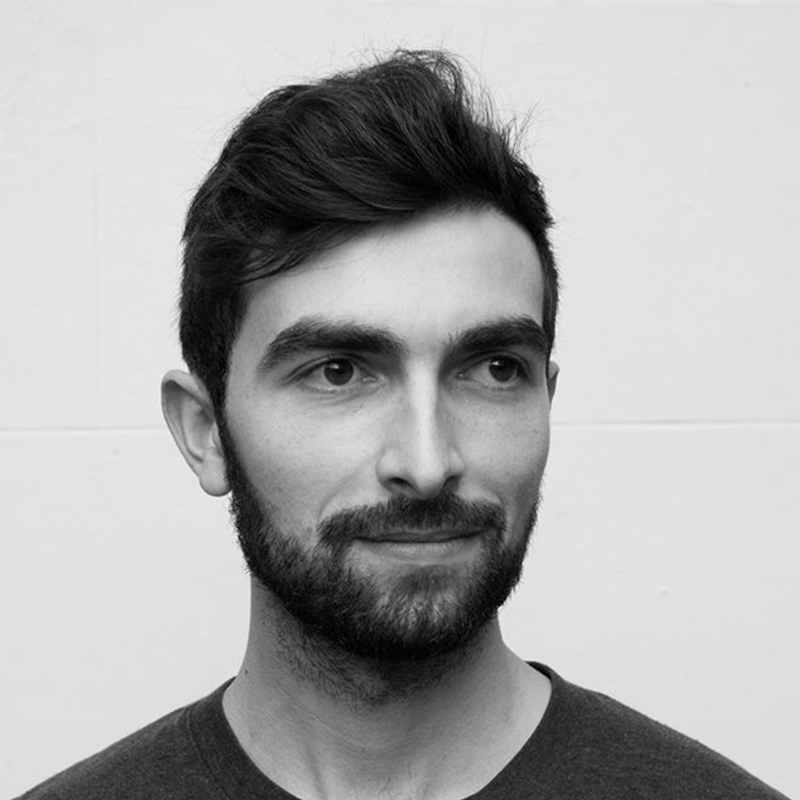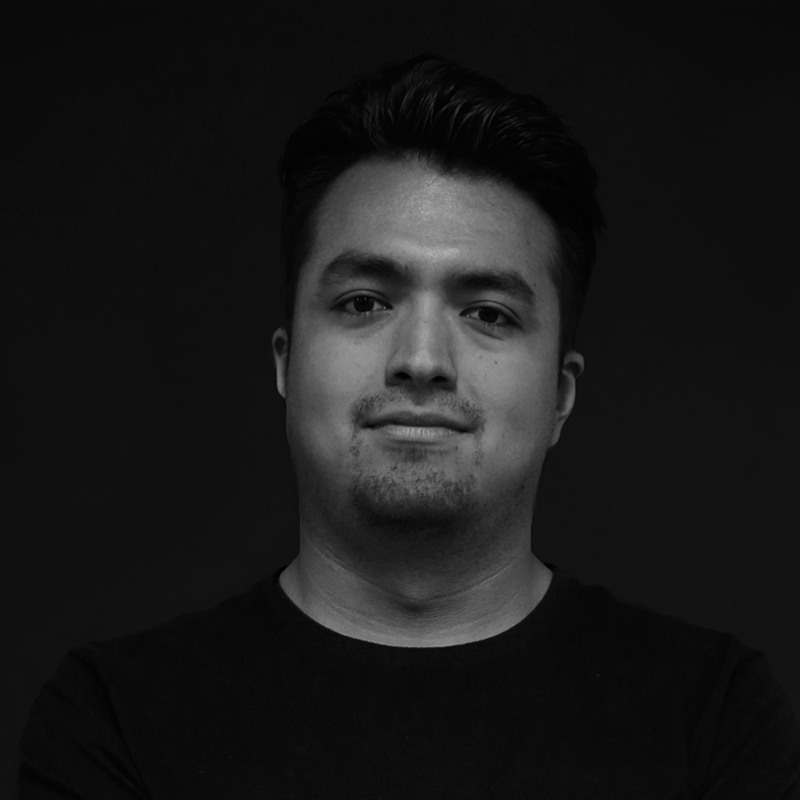
Globally, the Architecture, Engineering and Construction (AEC) industry is questioning the impact of the raw material processing which is rising the emission of greenhouse gasses leading to the current global warming. It has been observed that changes since the mid-20th century have been unprecedented, and many agree about moving towards new construction solutions.
At the GSS20 Monterrey, Centro de Estudios Superiores de Diseño de Monterrey CEDIM is focusing on reducing energy of production. By working with additive manufacturing aims to speed up the fabrication process, minimize the material usage and cut out manufacturing costs for moulds.
The course will focus on 3d printing prefabricated architectural elements for facades and to mass customized design solutions allowing a wide variety of unique elements to be fabricated. The project is a collaboration with CATO, mexican leader in ceramic products, joining industry and education by applying research to professional projects.
The Global Summer School programme is a full-time two weeks course that will run from the 29th June until the 11th July 2020: workshops, lectures and prototyping will happen at the same time in different geographic areas worldwide.
The GSS workshop provides to its participants both practical and theoretical knowledge. The program is led by expert tutors, combined with lectures by renowned professionals and academics relevant to the GSS BRIEF and GLOBAL AGENDA 2020 to be treated during the course. These will be broadcasted in the different node-cities, all globally connected. Participants will join a global agenda and an international laboratory at their disposal to test their design hypothesis, understanding how design conclusions derived locally can be tested and evolved globally in the different cities where other teams reside.
At the GSS Monterrey Node there will be an introduction to Rhino 3D modelling, parametric design with Grasshopper and tutorials on how to develop custom fabrication strategies using G code directly from Grasshopper. The participants will then 3D print their design iterations with a CNC Router equipped with a clay extruder, concluding the workshop with a series of prototypes in scale 1:1.


see more
Djordje Stanojevic received his bachelor’s degree in Architecture from the University of Venice (IUAV) in 2011. Winner of the Touch Fair Architecture Competition, Djordje has been involved in the computational design and innovative solutions for exhibition spaces. In 2015 he completed his Integrative Technologies and Architectural Design Research Masters (ITECH) at the University of Stuttgart, both at the Institute for Computational Design and Construction (ICD) and the Institute of Building Structures and Structural Design (ITKE). He was involved in the system development, fabrication and construction of the ICD/ITKE Research Pavilions 2013-14 and 2014-15, merging engineering, robotics, digital manufacturing, material science and biology. In his professional activities he integrates practice, education and research in design along a strong interdisciplinary trajectory. Djordje is the cofounder of ME-ST and ALTERAT, two design practices focused on complex design and innovative fabrication strategies. He taught and continues teaching at various educational programmes such as the Institute for Advanced Architecture of Catalonia (IAAC), Universidad Autónoma De Nuevo León (UANL), Universidad de Monterrey (UDEM) and the Centro de Estudios Superiores de Diseño de Monterrey (CEDIM) where is currently the director of the Industrial Design department. Between education and practise he has been developing integrative design strategies with multiscalar approaches and material driven design criterias materialized with full scale pavilion prototypes.

see more
David Durán is an architect, co-founder of NONAME and the academic Director at the CEDIM Architecture department. His academic research stems a transdisciplinary design approach where architecture, art, business & technology meet to promote architectural innovation. David studied at Polytechnic University of Catalunya, ETSAB, where he also obtained his PhD focusing on the Technological Innovation in Design. Prior to founding NONAME he was the Academic Director at the Architecture Postgraduate Program from Anahuac México Norte University. David taught at GSD Harvard, UMSNH, UANL, IBERO, TEC DE MONTERREY, La Salle. He was a Senior Architect at Toyo Ito & Associate Architects, an he is the co-director of Couture-LAB. He is participating in different forums for young designers & entrepreneurs, introducing his radical approach in stepping out the confort zone, adivising on how to find what designers love and why they should never give up.

see more
Yessica Mendez holds a Master degree in architecture from the Institute for Advanced Architecture of Catalonia (IAAC) where she was part of the Computation, Bio-materials and Architecture research group. Her thesis project “Design for ageing buildings“ is currently exhibited at the Méxican consulate in Barcelona and was published at the International Forum Intelligent Cities / Resilient Landscapes ADD Genova 2017. Yessica has more than four years experience of work as an architect, being awarded with an honorable mention on Landscape and Public Space category at the XVII Bienal Regional de Arquitectura of Nuevo León (México). From 2012 to 2017 she taught at the Universidad Autónoma De Nuevo León (UANL). From 2017 she continued teaching at Centro de Estudios Superiores de Diseño de Monterrey (CEDIM), where one year later she became the Academic Coordinator of the Architecture and Interior Design department. Currently her research at CEDIM focuses on intelligent materials and environmental design. Yessica is cofounder of ME-ST, a professional practise where she focuses on novel environmental design and fabrication processes.

see more Rodrigo Pérez is a mexican product designer with expertise in digital fabrication and 3d modelling strategies for rapid prototyping. He began exploring parametric design tools at ControlMad Studio in Spain in 2016, later he worked on several projects involving digital fabrication tools and became project leader at FabLab Mx in Mexico City. At the Fabab Mx facilities, he was involved in large-scale manufacturing projects such as the Mayan Warrior for Burning Man involving cnc milling with a 6 axis robot arm. He is currently a professor at the Centro de Estudios Superiores de Diseño de Monterrey where he focuses on the development of digital fabrication strategies for the industrial design department.
The GSS19 México will be hosted at the Centro de Estudios Superiores de Diseño de Monterrey CEDIM, right next to the Huasteca mountains. Cedim is a great playground for designers counting on a fully equipped laboratory with cnc milling machine, laser cutter, 3D printers, woodworking and metalworking tools and machines.
Address: Antiguo Camino a la Huasteca 360, Mirador de la Huasteca, 66354 Santa Catarina, N.L., México.
To register to the Global Summer School, participants need to fill their personal details and to upload a Cv in the Application form below. GSS20 dates are from 29th June to 11th July and applications are open until the the 31st of May 2020.
For more information: [email protected]
IAAC GSS is open to creative and innovative people who are interested in fields such as architecture, urban planning, digital fabrication, design, etc., searching for a multidisciplinary experience in an international environment. No previous skills are required, although CAD design, programming and digital fabrication skills are welcome. The official language of the course is English.
After the course, the participants will have gained theoretical and applicative knowledge about advanced design strategies. They will be familiar with parametric software, data visualization and use of digital machines. The last day of course participants will join a presentation of developed projects reviewed by a renown jury and will receive a Global Summer School Diploma.
Each participant is responsible to investigate which documents are required via the embassies in their country of origin. The school will provide a confirmation letter regarding the participation to the course, and will assist where possible the visa process.
Applicants fee for Monterrey node is 13000 MXN$ and includes all material costs needed for the course. No additional registration fee required. Flight tickets, accommodation, food are not included in the fee.
Each participant should bring his/her own computer with the software installed. More details on the software will be given to the participants upon acceptance.
